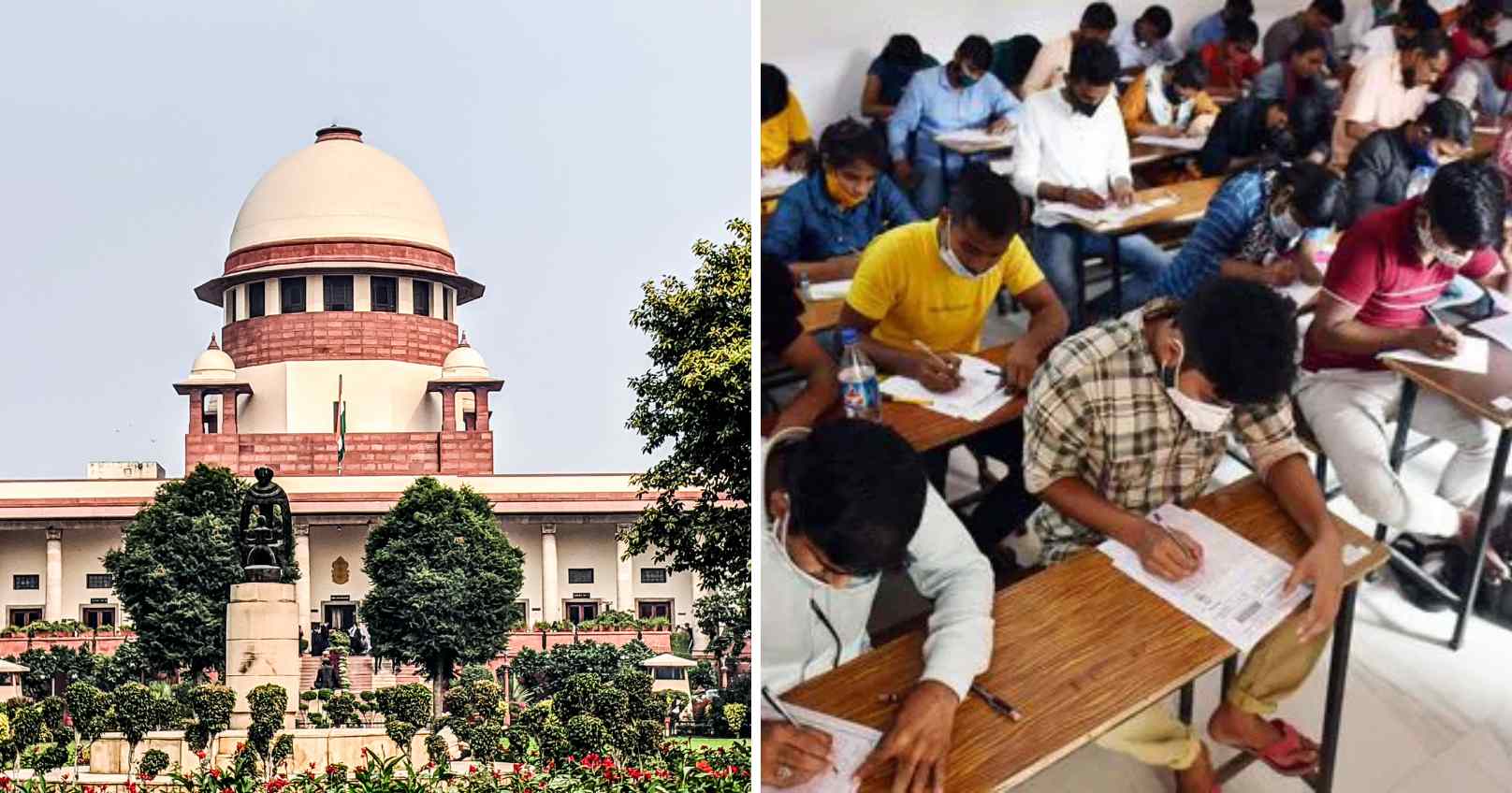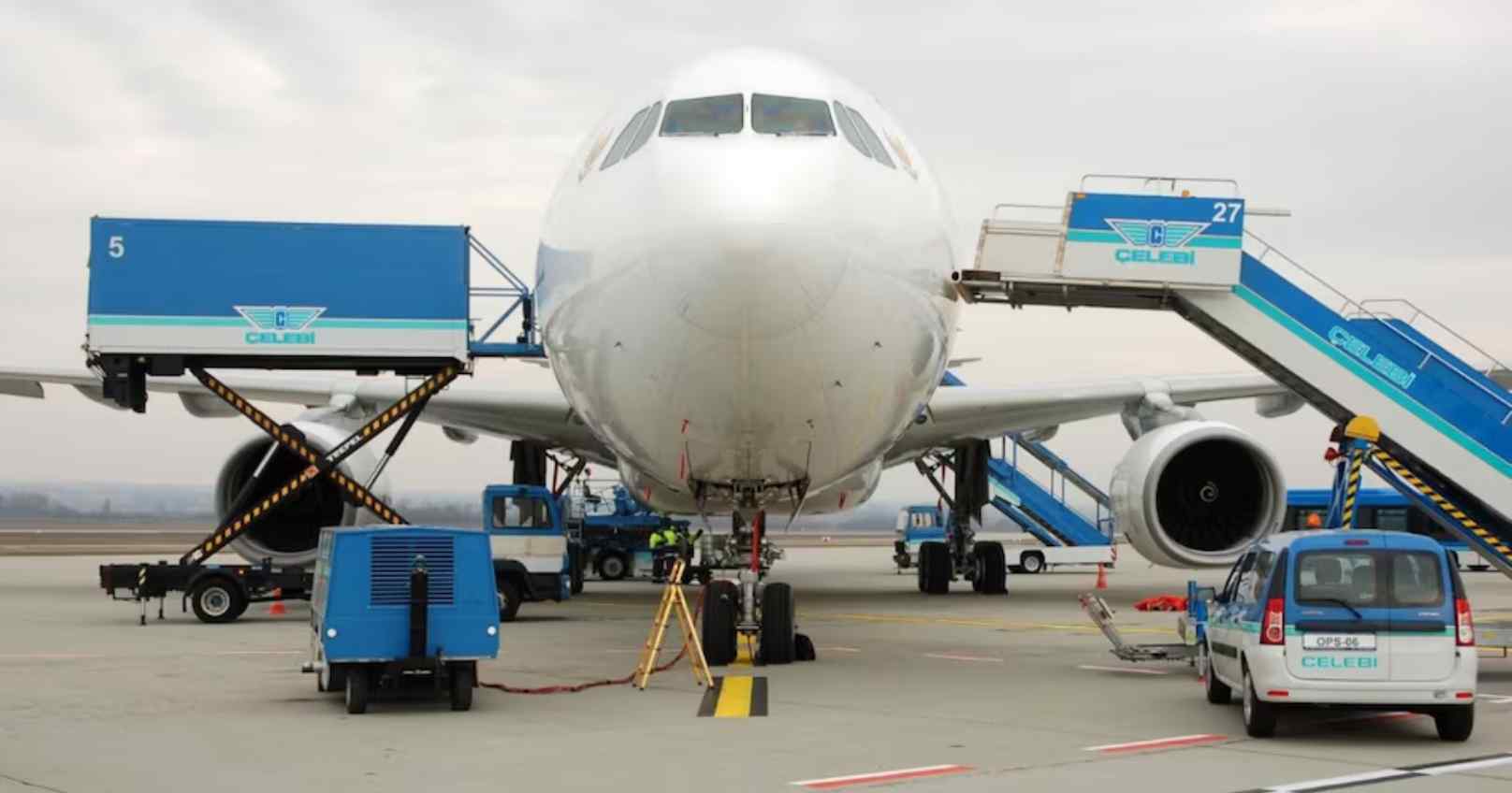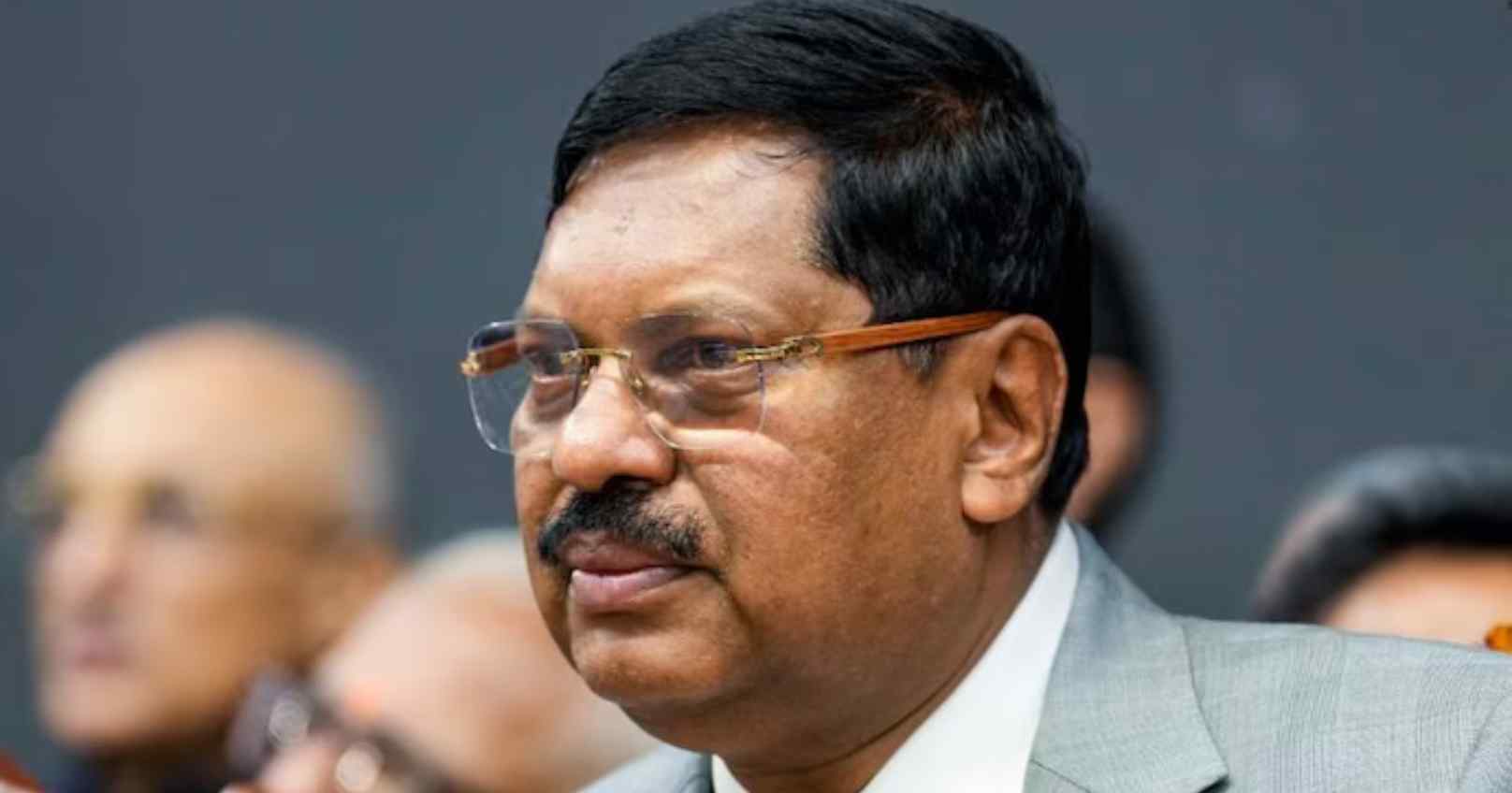The Supreme Court on Friday granted relief to a group of students who had challenged the reduction in the number of attempts for the Joint Entrance Examination (Advanced) from three to two. The court ruled that students who withdrew from their courses between November 5 and November 18, 2024, based on earlier eligibility criteria, will be allowed to appear for the exam. However, the court declined to interfere with the authorities’ broader decision to limit the number of JEE (Advanced) attempts to two, affirming that it was a policy decision.
Arguments Presented
Senior Advocate K Parmeshwar, representing the petitioners, contended that the initial announcement on November 5, 2024, which allowed three attempts, created legitimate expectations among students. “A promise was made that students appearing for Class 12 in 2023, 2024, and 2025 would be eligible for three attempts. Decisions were made based on this assurance, and revoking it within 13 days was arbitrary,” he argued.
Defending the move, Solicitor General Tushar Mehta, representing the Joint Admission Board (JAB), stated that the decision was taken after observing that students enrolled in engineering programs were dedicating time to JEE preparation instead of focusing on their B.Tech coursework. He emphasized that the revision was a policy measure made in the interest of students.
Court’s Observations
After considering the arguments, the bench of Justices BR Gavai and Augustine George Masih acknowledged that the November 5 press release had created a reasonable expectation for students who relied on it. “If students acted on this representation and withdrew from their courses in anticipation of being eligible for three attempts, they cannot be penalized for the reversal of this policy,” the bench observed.
In its order, the court ruled that students who had dropped out of their programs between November 5 and November 18, 2024, would be allowed to take the JEE (Advanced). However, it refrained from commenting on the policy merits of reducing the attempt limit. “For valid reasons, if the authorities reduced the eligibility to two attempts instead of three, their decision cannot be faulted,” the bench clarified, adding that the judgment addressed only the unique circumstances of students who acted during the transition period.
Background
The controversy began when the JAB initially announced on November 5, 2024, that students who appeared for their Class 12 exams in 2023, 2024, or 2025 would be eligible for three JEE (Advanced) attempts. Thirteen days later, the decision was reversed, reducing the attempt limit to two, sparking discontent among aspirants who had relied on the earlier announcement.
The Supreme Court’s order provides limited relief to affected students while upholding the authorities’ discretion in framing admission policies.







